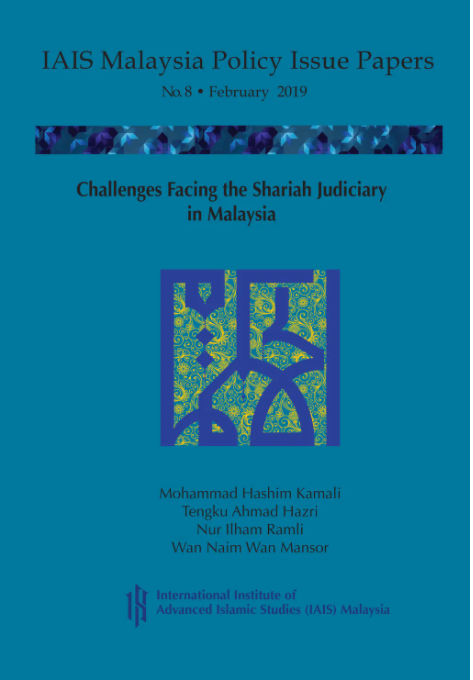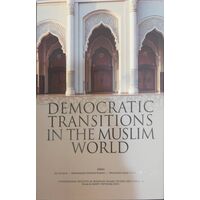PIP 8: Challenges Facing the Shariah Judiciary in Malaysia
Author: Mohammad Hashim Kamali, Tengku Ahmad Hazri, Nur Ilham Ramli, Wan Naim Wan Mansor
Publisher: IAIS
ISBN:
Pages:
Year: 2019
Price: RM8
Tracing its roots to the Pangkor Treaty of 1874, the dual court system of shariah courts and Civil courts has become a distinctive feature of Malaysian law. The federal constitution stipulates that shariah courts can only adjudicate Muslims, within a limited scope outlined under the state list which mostly involves personal and family law. Within this constitutional framework, the shariah judiciary has established itself as an integral institution for the Muslims and has served an essential function in maintaining the Islamic identity of the nation.
Nevertheless, the shariah judiciary continues to face a myriad of challenges. Controversies implicating the shariah courts continue to spur heated debates across the nation. For instance, the Indira Gandhi child custody case involves a decade of controversy until it finally reached the Federal court and was resolved. Other issues involving the shariah courts that often put into the limelight are cases of religious conversions, sex-related crimes, the length of court proceedings, and its administrative bureaucracy.
This Policy Issue Paper (PIP) is an outcome of consultations and roundtable discussions with prominent Malaysia personalities, judges, NGOs, and members of the public. It is an effort to offer constructive policy recommendations that would benefit the shariah judiciary in terms of uniformity, coordination, professionalism, and credibility. This PIP, among others, takes into account the differential status of the courts within the constitutional framework (since the 1988 amendment); the psychological elements surrounding existing protocols and administrative structures; opinions of shariah judges and officers; and lastly, the insights gained from the literature of Islamic jurisprudence.








